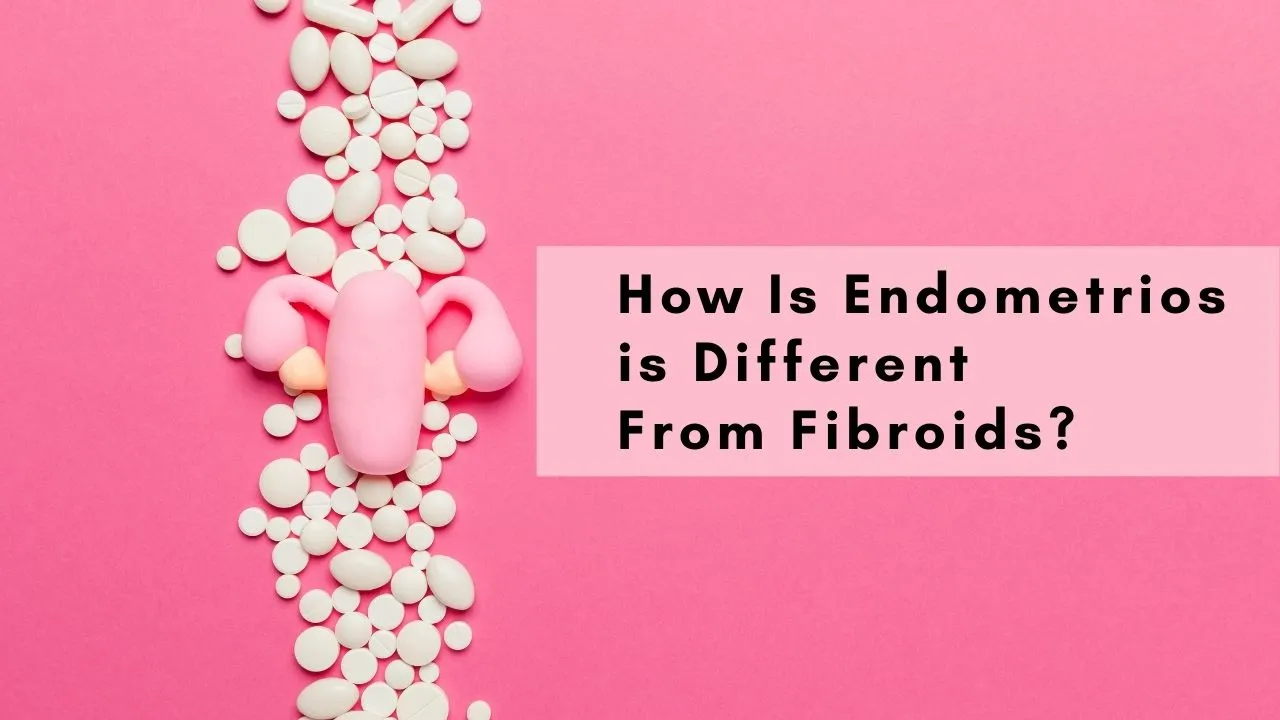Perineal Reconstruction

What is Perineal Reconstruction?
Perineal reconstruction is the rebuilding of damaged or deformed tissue between the genitals and anus. The goal of this surgery is to correct perineal descent as well. It is so that the functional vaginal introitus increases. The restored pelvic outlet helps in relieving the stress pressures.
Perineal reconstruction is indicated when the anticipated defect is large and cannot be enclosed with simple sutures. Hence, it is performed to close defects and restore the perineal function. After this surgery, there are no defects, and there is the restoration of perineal functions. It may also include penile or vaginal reconstruction.
Everything You Need to Know About Perineal Reconstruction
Why is | Procedure | Risk & Complications | Recovery Time | Cost
Why is perineal reconstruction done?
Perineal reconstruction surgery takes place to bring the anus into its normal position. The goal of this surgery is to correct perineal descent as well. It is so that the functional vaginal introitus increases. The restored pelvic outlet helps in relieving the stress pressures also.
Doctors recommend this procedure when there is a large defect and is not perfect with stitches. After this surgery, there are no defects, and there is the restoration of perineal functions. Vaginal or penal reconstruction is also included in this surgery.
This surgery mainly takes place for congenital and acquired deformities or restoration as well. Doctors recommend this surgery following surgery after cancer in the urinary and genital parts of the body. Furthermore, the surgeons first assess the different statuses of the body.
Some are nutritional status, nature, and degree of the perineal wounds, blood parameters, defects, and function of the perineal. Cancer ablation is one of the traumatic procedures which doctors assess by this procedure as well. The surgeons decide the need for a particular flap according to the assessment.
Book Your Consultation Today With an Perineal Reconstruction Specialist in India – Dr Jay Mehta
Perineal reconstruction procedure
The reconstruction is a choice between the pudendal flap which is used for smaller defects. Doctors also use the regional flap which is for larger defects. The selection of the flap depends upon different factors.
Some of them are the size and shape of the defects, donor site availability, choice of the patient, surgeon expertise, previous treatments. Bilateral gracilis flaps provide muscle skin whereas tensor fascia lata or VRAM flaps provide plenty of skin. The compromisation of vascularity of possible flap is for previous operations and also radiotherapy.
Surgeons consider intraoperative patient positioning as well. If unilateral/bilateral IGAP flaps are used the supine patient will have to be rotated. The rotation is done into a prone position or a lateral decubitus. There will also be restrictions in the option of thigh flaps and VRAM if the patient has to remain supine during the procedure.
What are flaps in reconstructive surgery?
The flap is a kind of tissue that gets a lift from the site of a donor to the site of the defect. Also, the doctors perform this with an intact supply of blood. Types of flaps include:
- Muscle flaps – These contain only muscle tissue that restores functions and fills defects. It may need a cover for that there will be the use of skin.
- Cutaneous flaps – These flaps contain superficial fascia and full thickness of the skin also. These flaps are ideal for small defects.
- Bone flaps – These flaps contain bone tissue and are also ideal for bony defects.
- Fascia-cutaneous flaps – They contain superficial fascia, the full thickness of skin, deep fascia, subcutaneous tissue, and more supply of blood. It can also fill up larger defects.
- Musculocutaneous or myocutaneous flaps – These flaps contain an additional layer of muscle to the fascia-cutaneous flap. It also restores function and fills deeper defects.
Many such regions of the body are also ideal as flaps for the perineal reconstruction procedure. Furthermore, the assessment of the defect helps in selecting the choice of the flaps.
The options of flaps are :
- Gracilis myocutaneous flaps (most commonly used)
- Abdominal flaps
- Thigh flaps
- Groin flaps
- Gluteal (buttocks) flaps
- Rectus femoris flaps
- Perforator flaps
Risk & Complications of perineal reconstruction
Risks with perineal reconstruction include:
- Local wound problems such as infection, pain, delayed healing, bleeding.
- Scarring issues such as discolouration, itching, sensitivity, the width of the scar
- Ischemia, which is the loss of tissue oxygen of the skin resulting in partial or delayed healing. Sometimes there is also a complete loss of skin.
- Temporary palsy of the largest nerve of the body. It runs from the lower back to the toes
Surgeons also ask to avoid this surgery to people suffering from the vascular disease in the lower limbs. It is because this may cause complications like:
- Pain
- Reduced sensation of touch
- Temporary weakness which lasts for an average of six months
- Tingling
- Poor reaction to anaesthesia as well
- Running, walking, and sports may have interfered with persistent weakness simultaneously
Perineal reconstruction recovery time
The recovery time also varies depending upon the condition of the patient. Pain, post-surgical swelling, bruising lasts for a week or two also. Patients can walk comfortably after five to seven days of the surgery as well.
Patients can resume sexual intercourse and exercise after four to six weeks of the surgery. Sometimes patients may also feel tired and weak in the first six weeks. Doctors also recommend regular follow-up to monitor the healing.
Perineal reconstruction Cost
The cost of perineal reconstruction ranges between Rs. 2,00,000 to Rs.3,00,000.
Perineal reconstruction procedure causes no pain during the time of the surgery though. Although postoperative pain depends upon the tolerance of the patient. Regular follow-up is also advised by the surgeons to monitor the healing.

Dr. Jay Mehta
MBBS, DNB—Obstetrics & Gynecology
IVF & Endometriosis Specialist, Laparoscopic Surgeon (Obs & Gyn)
Dr. Jay Mehta is a highly renowned IVF specialist and fertility-preserving surgeon based in Mumbai, India. As the director of the Shree IVF and Endometriosis Clinic, Mumbai, he is recognized as one of India's leading laparoscopic gynecologists for the advanced treatment of complex conditions such as endometriosis and adenomyosis.
Dr. Mehta's expertise extends deeply into reproductive medicine; he is a well-known IVF specialist and among the few practitioners in the country with specialized knowledge in embryology, andrology, reproductive immunology, and Mullerian anomalies. Dr. Mehta conducts operations and consultations across India's major cities, including Pune, Chennai, Hyderabad, Bangalore, Ahmedabad, Agra, and Delhi. To book an appointment, call: 1800-268-4000
Many Treatments. One Goal.
Caring for Every Patient, Every Day.
Ankita Katyal
I am incredibly grateful for Dr. Jay’s exceptional support throughout my IVF journey. Dr Jay has been like God sent an Angel for us. From our very first meeting, it was clear that Dr. Jay was not only a highly skilled and knowledgeable professional but also someone who genuinely cared about my well-being.
From my first meeting, he was very clear transparent, and straightforward about my protocol, treatment line, and success rate. After two difficult IVF cycles that failed, I was beginning to lose hope.
However, Dr. Jay’s unwavering encouragement and meticulous care helped me stay positive and focused. Thanks to God and of course to his expertise and dedication, WE FINALLY ACHIEVED SUCCESS!!!!!
Krish A
Dr Jay Mehta is the best Fertility doctor. I am glad to have IVF done with Jay sir.
This unit is very ethical and very honest at work. In my previous IVF cycle, I did not have embryos in Chennai. I was here and Dr and team had told me not to worry. I was given end to end transparency about my embryos and I was lucky to become pregnant in the 1st cycle here, though I was told that the success rate will be about 25 to 30%.
IVF space is competitive, but these guys don’t do any Ads on Google. And still if you search, Dr Jay is ranked no.1. I was extremely impressed with that and I am happy that I took a call to travel to Mumbai from Chennai.
I am thankful to the entire team for handling my case nicely. And May God shower the team with his choicest blessings.
Forum Shah
I visited 3 years back for my IVF treatment at that time and also got good treatment with Dr. Jay Mehta … the best part is he would tell me straight away whatever the cause and outcome would be.
This time also I came for Endometriosis treatment n within 3-4 days decided to get operated as there was no looking back as I trust him for his treatment. Thank you Dr once again for the right advice 😊
Deepak Jagadale
I was referred to here by Dr Manohar Bacchani saaheb.
My sister is have cancer of uterus. We meet Dr Jay Mehta and he advise to do surgery.
He told to do surgery on Laparoscopic. I am amazed. My family is amazed. My sister is walking on same day. We are discharge on same day.
Dr Jay Mehta is best Laparoscopy surgeon. The hospital is highly equipped and all advanced technology is available like frozen section inside the premises. Patient doesn’t have to run around.
Dr Jay is very noble, he give discount to us also for doing surgery. He is a GOD for middle class patient.Hospital is extremely clean and staff is very nice.
Avinash Jain
Dr. Jay Mehta is a result-oriented specialist in his field and the best we could ask for, in a Metro city. His line of treatment for IVF is different from other IVF clinics.
The support provided by doctors and staff as well as all other attending doctors is phenomenal. We are very satisfied and will also highly recommend to others the IVF treatment at Shree IVF Clinic Mumbai.
Vijaya Garg
Dr. Jay Mehta is one of the best gynaecologist doctor of our India. I trust him faithfully and would like to recommend each and every one that don’t waste time moving here and there to another doctorand .
I m sharing my experience I wasted my time mand oney by moving from one doctor to other and my problem was unsolved I’m thankful to Dr. Priyanka Shukla mam of trident hospital for suggesting Dr. Jay Mehta sir for my treatment . Now I’m pain-free…Thank you Dr. Jay Mehta sir… you are really my Boley baba shiv shsmbu. I m thankful to all the staff members of Shree IVF hospital
Blogs

How Is Endometriosis Different From Fibroids?
Endometriosis grows outside the uterus and causes inflammation, while fibroids are non-cancerous uterine growths. Learn symptoms, diagnosis, and treatment.

Can Endometriosis Come Back After Surgery?
Endometriosis may return after surgery, as there’s no guaranteed way to stop it completely. But you can take steps to stay aware and support your health.
Videos

How Is Endometriosis Different From Fibroids?
Endometriosis grows outside the uterus and causes inflammation, while fibroids are non-cancerous uterine growths. Learn symptoms, diagnosis, and treatment.

Can Endometriosis Come Back After Surgery?
Endometriosis may return after surgery, as there’s no guaranteed way to stop it completely. But you can take steps to stay aware and support your health.



